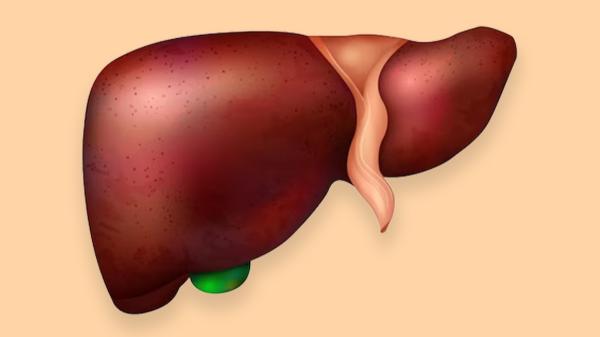
Latest report as Corps members under the aegis of Sustainable Development Goals, SDGs, National Youths Service Corps have called on youths and secondary school students in Odeda local government area of Ogun State to shun drug abuse and abstain from immortal acts considered harmful by societal norms.
While speaking through comrade Afolabi Ismail, the SDGs’ president and Taiwo Ifeoluwa, the corps members made the call while addressing scores of students at Egba Odeda High School along Abeokuta – Ibadan express road in the state, today. They sued for attitudinal change and supports for the group’s aggressive campaign against misuse and abuse of drugs, themed: “War Against Drug Abuse.”
According to the president, drugs are generally pharmaceutical and chemical substances manufactured to cure, treat or prevent illnesses while drug abuse results from illegal or non-medical use of the substance for purposes such as mood activation or body altering, particularly in large doses.
He added that paracetamol, aspirin, codeine, antibiotics and sedatives are the commonly abused prescription drugs, naming cannabis, alcohol, and tobacco as commonly abused nonprescription drugs. He lamented that, overtime, both could lead to social, physical and psychological problems.
Socially, the First Class graduate of Linguistic and Communication Studies, Osun State University, Osogbo, Osun State maintained, “drug abuse can trigger criminal acts such as rape, child abuse, domestic violence, assaults, robbery and other self destructive occurrences including injuries from intoxication and lifelong complications.”
“On the physical side, drug abuse can lead to health problems such as cancer, liver problems, kidney problems, ulcer, death, and bad image. But, worst still are the psychological effects of the act which include but not limited to distorted thinking, addiction, dependence, pyschotic disorders, anxiety and depression.”






















